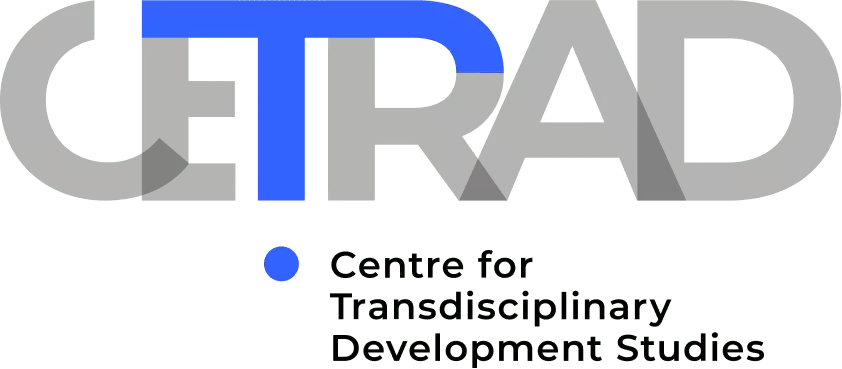
I am Veronika Joukes, a fully integrated research fellow of CETRAD and my work is centred on Tourism Studies at UTAD. Since 2016, I have been participating in 5 Erasmus+ projects: CULTOUR+ (2015-2018), S.I.L.V.Her (2018-2021), CultRural+ (2019-2022), INTEGRURAL (2019-2023) and LEARNVIL (2021-2023). These projects all aim to facilitate rural entrepreneurship and aid regional development. They were initiated by the Universidad da Extremadura and EGIDA, Spain and our team at UTAD received an invitation to participate.
European projects all work according to similar principles and so, present a steady and rewarding learning curve. While engaging in these low-budget international projects, I learned by doing, I acquired the necessary skills on the job. For example, I learnt how to write project proposals that match EU legal standards, how to distribute responsibilities between team members efficiently taking into consideration individual strengths and temperaments, how to turn great ideas into feasible and concrete project plans, and also, the importance of planning in advance and setting realistic deadlines became very clear to me. I had the pleasure to work with colleagues from other scientific areas, with whom I would never have bonded if it weren’t for these projects. We went on several field trips where I learned a lot about the practical side of science through observing the good and sustainable practices lived out. These trips encouraged me to pay attention to and study my surroundings, learn from real-life professionals and see the value of local knowledge.
As I took up new responsibilities, I also had the chance to improve my soft skills. Now, I am better at innovation, leadership, communication, delegation, critical thinking, decision-making, and problem-solving, to highlight a few new expertise I gained. Meanwhile, I had to accept that you can also learn from your mistakes and that bureaucracies have to be dealt with in a strictly timely manner, and with patience.
I am still amazed by the fact that international collaboration can work perfectly with all the online tools we now have at hand: weekly international team meetings via ZOOM, a shared archive on Google Drive, co-authoring texts using an online Word document, organising international conferences which are streamed to smoothen participation, show off research results on the project website that can also be read in Portuguese because we all helped to translate the texts into the languages of the partner countries.
And, of course, the projects helped me to enrich my CV with the book “Rural Entrepreneurship and Life in the Countryside: A self-help book”, chapters for other books, the organization of events, the creation of online courses and communications in conferences. And, maybe the most important takeaway of these project years is continuity. The professional relationships, even friendships, I gained helped me create future project opportunities. With some of my project partners, we have formulated new project proposals that are being evaluated, now.
The photograph above shows some a snapshot from our field trips with UTAD professors and Portuguese entrepreneurs in Cori, Italy in 2022.

